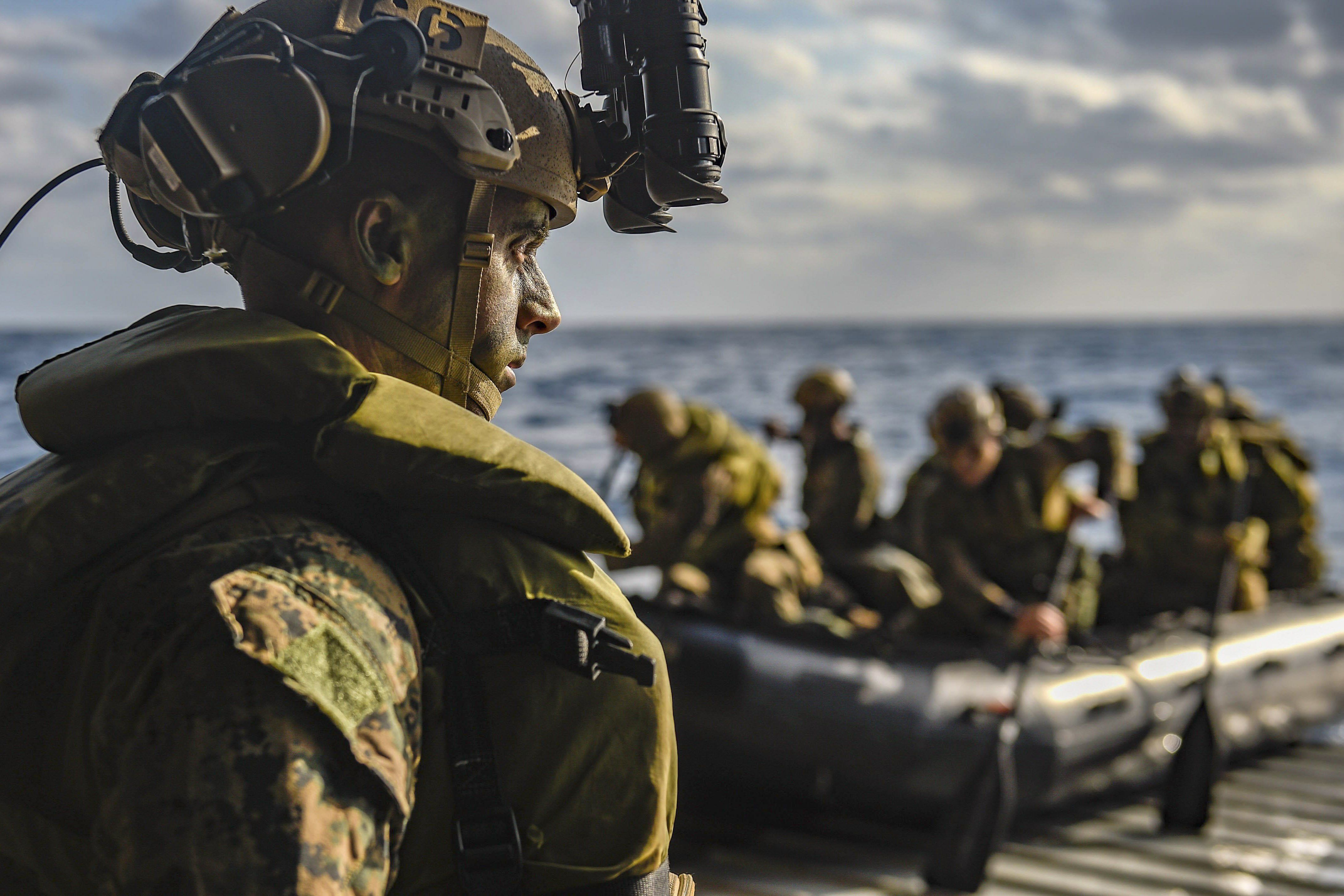NATO was founded in 1949 as a counterweight to the Soviet Union, but 75 years on, the alliance’s gaze is shifting toward China. Its members are increasingly concerned about the evolving security dynamic in the Indo-Pacific and Beijing’s growing influence around the globe, which helps explain why leaders from New Zealand, Japan, South Korea, and Australia — countries that are partners with the alliance — are attending the NATO summit in Washington this week.
NATO in recent years has begun to see China as a “potential threat” and a shared challenge to be addressed amid efforts by Beijing to “undermine institutions in Europe” and “potentially threaten European infrastructure,” White House national security spokesperson John Kirby told GZERO Media on Tuesday at a meeting on the sidelines of the summit.
“There is a growing concern among NATO allies about PRC activities, and having Indo-Pacific countries at the summit this week is a great way to share perspectives on what they’re seeing,” Kirby added. “They’re actually feeling and seeing the threats by the PRC in a much more real, tangible way, in some cases, than NATO is.” Relatedly, Australia on Tuesday accused China-backed hackers of targeting government and private sector networks with cyberattacks.
NATO officially pointed to China as one of the alliance’s “challenges” for the first time back in 2019, breaking from its traditional focus on Europe and threats emanating from the Kremlin. The alliance has continued to characterize China as a security challenge in the time since, particularly in the face of growing cooperation between Moscow and Beijing.
China is not thrilled about NATO forging closer ties with countries in its neck of the woods and has effectively accused the alliance of trying to duplicate itself in the Indo-Pacific. NATO is “breaching its boundary, expanding its mandate, reaching beyond its defense zone and stoking confrontation,” Lin Jian, a spokesman for the Chinese foreign ministry, said Monday.
Pentagon spokesperson Maj. Gen. Patrick Ryder, in comments to GZERO Media at a summit sideline event on Tuesday, denied that there is an effort to “build a NATO in the Indo-Pacific” and pointed to the war in Ukraine as one of the primary reasons the alliance is increasing cooperation with countries in the region. Between North Korea providing munitions to Russia to fuel its war machine and China offering other forms of support to Moscow, it’s no surprise that NATO believes it’s “important to have a relationship with countries in the Indo-Pacific to address these threats.”
Similarly, Kirby said that Indo-Pacific countries attending the NATO summit have “seen what’s happening in Ukraine and just won’t stand for it” and are trying to find ways to support Kyiv.
From the moment Russian President Vladimir Putin ordered the invasion of Ukraine in 2022, there have been concerns that it could serve as a model for Chinese President Xi Jinping and his ambitions in Asia — especially in relation to Taiwan.
China is closely watching what’s happening in Ukraine and what the world is doing in response, and “they’re learning lessons,” warned Kirby.
